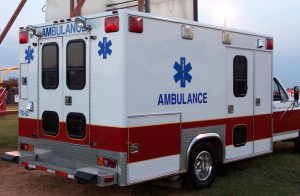Expert medical testimony is crucial in any Florida medical malpractice claim – for both sides. It’s required to even move past the early stages of a case (by presenting sufficient evidence the defendant breached the applicable standard of care for their profession and position). It’s also critical in helping jurors determine whether that standard was breached and if so, whether that breach caused the medical injury. Special medical knowledge is pivotal.
Per F.S. 766.202, a medical expert is defined as a person who is duly and regularly engaged in the practice of his/her profession AND holds a health care professional degree AND who meets the requirements set forth in F.S. 766.102. That provision holds (among other things) that the expert witness in a medical malpractice case must be able to speak to the prevailing standard of care that a reasonably prudent health care provider in the same or similar situation would abide. In order to do that, they need to conduct a complete review of the pertinent medical records, but they also need to be someone who specializes in the same specialty as the health care provider defendant. (For example, a general practitioner wouldn’t likely be able to attest to the purported negligence of an anesthesiologist.)
As our Palm Beach medical malpractice attorneys can explain, the fact that a plaintiff’s expert medical testimony is so important has increasingly made it a target for defense requests to exclude it. The standard for admissibility of expert witness testimony is called the Daubert standard, after the 1993 U.S. Supreme Court decision in Daubert v. Merrell Dow Pharmaceuticals. Florida previously used the less-rigorous Frye standard, but adopted the Daubert standard in 2019. Continue reading
 South Florida Injury Lawyer Blog
South Florida Injury Lawyer Blog



